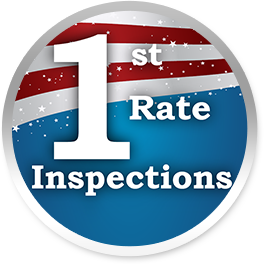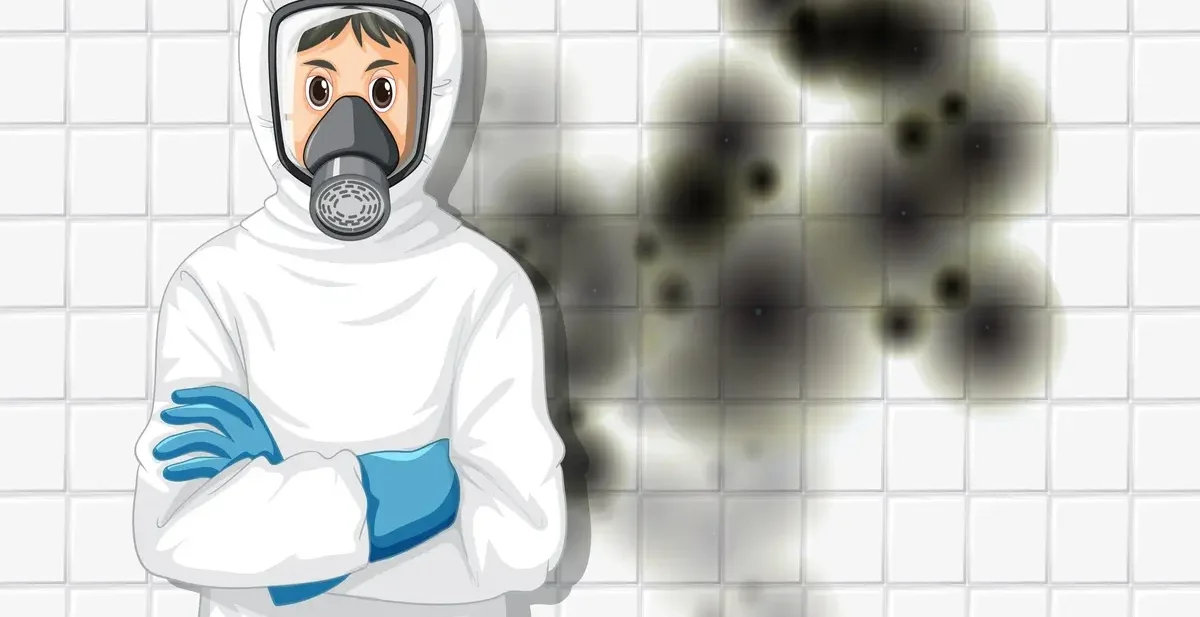
A home inspection involves checking a house’s plumbing, HVAC, electrical, and structural issues. But do home inspectors check for mold? Considering mold can be a serious issue, it is important to know if the inspection includes checking for mold.
In this blog, we’ll answer this question and give you all the information you need to understand what to expect during a home inspection.
What Is Mold And Why Mold Inspection Is Important?
Mold is a fungus that grows in damp and humid environments. It may be seen as a green, black, or white substance on walls, ceilings, or floors. Bathrooms, basements, and kitchens are susceptible to mold because they have little or no ventilation and excessive moisture.
Mold is more than just an eyesore. It can also trigger several health problems, such as respiratory issues, allergic reactions, and even asthma attacks. In some cases, mold can even weaken the structure of a home.
Do Home Inspectors Check For Mold?
Now, let’s answer our main question: Do home inspectors check for mold? The simple answer is, yes, they do, but it also depends.
Without going too far, home inspectors do check for mold to a point, but they are not wholly assigned to mold detection. A typical home inspection reviews all the home’s systems and structures. Inspectors will check for issues such as the roof’s condition, plumbing, electrical systems, HVAC, and more. Finally, they will search for moisture problems that could lead to mold growth.
What Inspectors Do Look For
- Visible mold during inspection.
- Water damage or leaks will cause mold growth.
- High humidity or leaks in the basement or attic.
- Bathrooms, basements, and kitchens are potential mold hotspots.
So, returning to our main question, do home inspectors check for mold? We can conclude that they do, but only if it can be seen or suspected due to moisture issues. If the mold is hidden behind walls or in hard-to-reach areas, the inspector may not look for it unless the buyer specifically asks for it.
When Is Mold A Cause Of Concern?
While some mold is expected to be present in every building, certain indicators may signal when you should worry about it. If you spot any of these, requesting your inspector to search for mold may be a good idea.
Musty Smells
A mold may have a musty or earthy smell. When you smell unfamiliar odors, it may be a sign of hidden mold in the home. Although a home inspector might smell mold, the inspector might not conduct an in-depth mold test unless it’s included in the inspection contract.
Visible Water Damage
You will also need to look for previous water damage, where you’ll see water stains on the ceiling, walls, or floors. The inspectors should point this out, which could mean mold has developed or will develop.
Humidity Issues
High humidity levels in a house’s basement or attic tend to trigger mold growth. If the inspector sees signs of humidity during the inspection, it may be worth it to have a more thorough mold inspection.
Can You Request A Mold Inspection?
If mold is a concern but you are not sure it was inspected during the home inspection, you can always have a mold inspection as an additional service.
A detailed mold inspection will include testing for hidden mold. A certified mold inspector will use special equipment for detecting moisture levels in walls and ceilings where mold could grow. On finding mold, they’ll let you know the type of mold, its extent of damage, and the cost involved in removal.
Why Consider A Mold Inspection?
Mold inspection is the right option in any of the following scenarios.
- When the home is situated where flooding or high humidity occurs.
- You had previous water damage or leak issues.
- When you notice a musty odor or visible mold spots.
What To Do When Mold Is Found?
Do not panic if mold is found during the inspection. Deal with it promptly to cull it. Mold remediation consists of safely cleaning up the mold and identifying and remedying the problem that caused moisture in the first place.
Remediation can involve fixing a leaky pipe or replacing insulation and drywall, depending on the severity of the mold problem. No matter the case, mold remediation is an expense that you’ll need to consider when dealing with it.
Conclusion
So, do home inspectors check for mold during a home inspection? The answer is yes if it can be seen or is suspected based on signs of water damage or high humidity. If mold worries you, a specialized mold inspection would be something to request. Having mold on your property can cause health problems, damage your property, and be expensive to remove, so it’s always better to be proactive.
Before agreeing upon a house deal, you should ask the right questions and solve any potential mold problem first.
Are you thinking about buying a home? Let hidden mold problems be the last of your worries. 1st Rate Inspections provides you with a detailed home and mold inspection. Our experienced team will ensure that you have all the information you need before hitting the ‘yes’ button. Call today for your home inspection.





